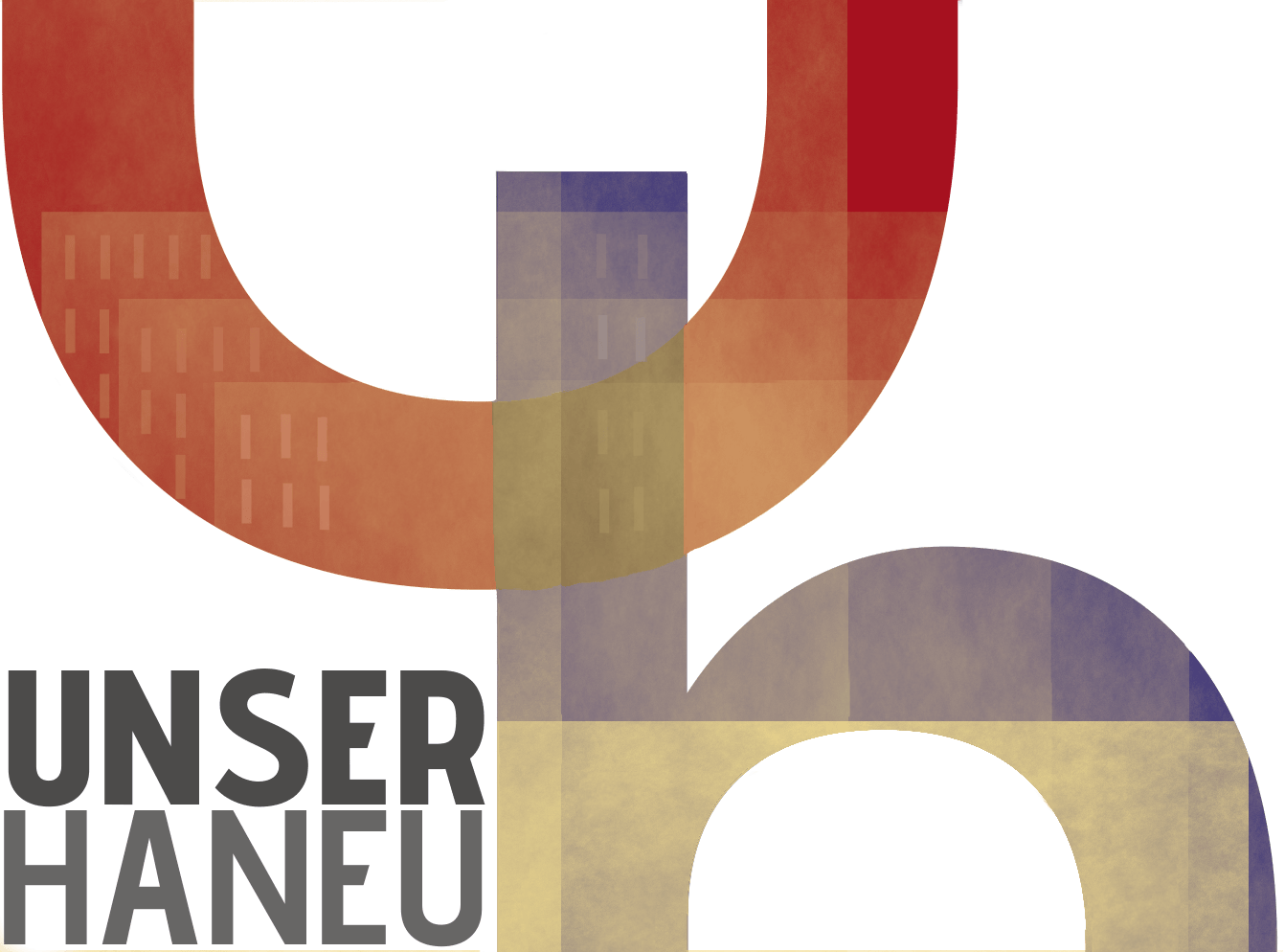How and through which channels do people in Halle-Neustadt communicate? These are the questions author Dr. Anna-Lena Wenzel explored during her research into local communication structures. As part of her work, she conducted several interviews with both long-time and newly arrived residents. Here, we present a shortened version of an interview with Tony (name changed), an Afro-German who grew up in Neustadt between socialism, reunification and the rise of the new far-right.
Anna-Lena Wenzel: How did you experience your arrival in Halle-Neustadt?
Tony: My mother moved here in 1972 with me and my younger brother. There were jobs and apartments, they said. I was six. In my building, 15 of my classmates lived. To this day, I still know the first names of their siblings and parents. Such a block was really like a village – only on twelve floors with an elevator. Everything was a construction site back then. We played outside a lot and also got into trouble from time to time.
And what was it like growing up here as an Afro-German?
On the tram, the seat next to me often stayed empty—even when it was crowded. If I sat next to someone, they would clutch their bag more tightly. It was also annoying when acquaintances felt the need to tell me the latest racist joke. Some older people wanted to be extra nice and complimented me on my good German, while simultaneously unable to resist reaching into my hair out of curiosity.
What do you know about your father?
He came from West Africa to study mechanical engineering in the GDR but was deported when I was three. After that, he lived in the Rhineland. We didn’t have any contact until after the fall of the Wall. In 1990 or 1991, I went with a friend to visit him—for the first time in the West and the first time seeing my father again. But a real bond never developed.
How did you spend your free time?
I still remember the disco events held in our school cafeteria. They pushed aside the tables—still crusted with dried food—and played music from both East and West using homemade speakers, lit with two colorful lamps. The students loved it. I wasn’t much of a dancer, so I preferred the gossip afterwards—about fights, first alcohol-related embarrassments, or budding romances.
What happened after you finished school?
I trained at the Ammendorf railcar plant and left with the first S-Bahn at 4:35 a.m. every day for five years. I saw Ammendorf as a gathering place for odd characters: alcoholics, ex-cons, and wannabe big shots. A real highlight were the Mozambican contract workers. They got the least desirable tasks, but by far had the most positive attitude of anyone there.
How did you experience the transition after German Reunification?
It was an ambivalent time. While sucking on your first banana, you were also getting to know the employment office. Our apartment block was among the first to be demolished, and neo-Nazis became more visible after the Wall came down. While looking for work, I met two guys from northern Germany. They had this gold rush energy—but also a clear vision. Together we built the first big fitness studio in Halle. I never experienced arrogance or condescension from them. They were actually impressed by East German reliability and the studio’s family-like atmosphere.
You moved away from Halle-Neustadt in 1993. What changed? What was different back then?
I still have good memories of the so-called “Dienstleistungskombinat” (service collective). That’s where household electronics, shoes, watches, and bags were repaired, films developed, laundry washed, and clothes cleaned. You just dropped your stuff off and picked it up one or two weeks later for a small fee. Back then, there were also two pedestrian bridges over the Magistrale. After reunification, they were removed to make room for the tram. As a child, I used to race down them—fearlessly—on roller skates in summer and gliders in winter. I remember us kids lying on the sun-warmed concrete of the bridge, waiting for the Leuna commuter train to spit our mother out of the tunnel station below.
All interviews available online at:
unser-haneu.de/unterhaltungsanfrage
The results of Anna-Lena Wenzel’s research on communication pathways in Halle-Neustadt will be published in August in the Südpark Magazine:

